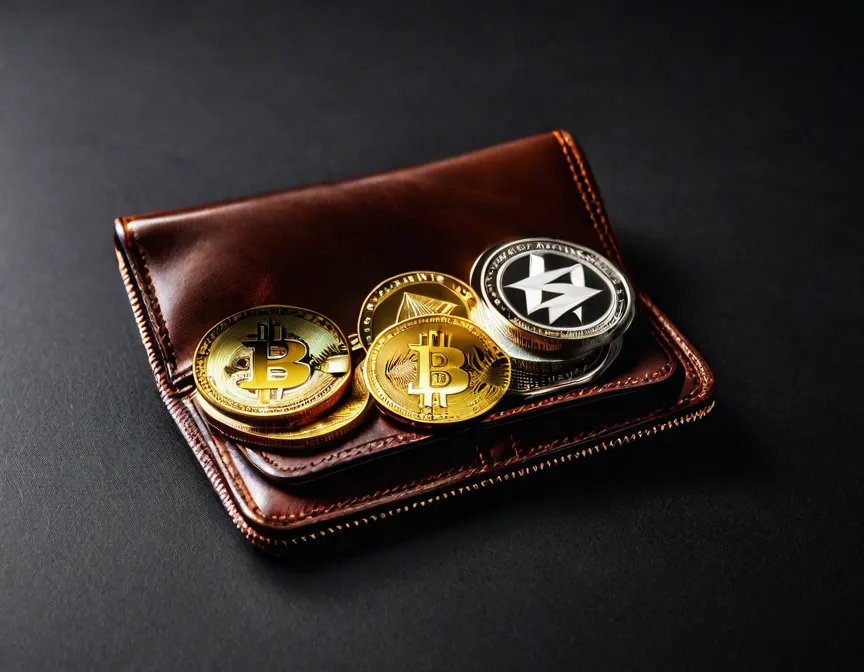Crypto Transactions: Digital Wallets
Cryptocurrency wallets are essential tools for managing digital assets securely, let's help you take action in a relatable way.

Cryptocurrency Wallets Made Simple
Cryptocurrency wallets are like digital wallets, but instead of holding cash or cards, they keep your digital money safe and sound. Let's break it down in simple terms:
What Are Cryptocurrency Wallets?
Think of cryptocurrency wallets as special apps or devices that keep your digital money secure. They connect with the digital money network, showing you how much you have and allowing you to send or receive it. These wallets don't actually store the digital money itself; instead, they keep the secret codes you need to access and control your money on the digital network.
Types of Cryptocurrency Wallets
Software Wallets
There are different kinds of digital wallets:
- Web Wallets: These work through web browsers and keep your secret codes on someone else's computer. They're convenient but not the safest.
- Desktop Wallets: These live on your personal computer, giving you full control. Some keep a full copy of the digital money history, while others rely on outside servers.
- Mobile Wallets: Made for smartphones, these are convenient and come in two types: ones where others watch your codes and ones where you keep full control.
Hardware Wallets
Hardware wallets are physical devices designed to keep your secret codes offline. They're like a super-secure vault for your digital money. You use them with computers or smartphones to make safe transactions.
Paper Wallets
Imagine writing down your secret codes on paper. That's what paper wallets are – a physical way to keep your digital money codes. They're good for long-term storage but need extra care to avoid loss or damage.
How They Work and Staying Safe
Key Management
Your wallet helps create, keep, and use the secret codes you need to access your digital money. It's vital to keep these codes safe to prevent others from taking your money. Wallets use special codes and processes to make sure your codes stay secure.
Example: The Ledger Nano S is a hardware wallet that creates and stores secret codes safely on the device, away from outside risks.
Address and Transaction
Your wallet makes special codes for getting money and for sending it. When you use your secret code to send money, it creates a special mark to show the money is real and safe. This way, everyone knows the transaction is legit.
Example: MyEtherWallet is a software wallet where you can make new codes for getting Ethereum and securely send them using the app.
Security Measures
Wallets use different safety measures to protect your digital money, like secret codes, extra passwords, fingerprints, and backup plans. Some even give you special phrases to remember in case you lose your device.
Example: The Exodus software wallet has many safety features, like password protection, connection to hardware wallets, and a special phrase to get your money back if you lose your device.
User-Friendly and Easy
Wallets want to make your digital money experience easy and simple. They're designed for everyone – whether you're new to this or already know the ropes. You can set up your wallet, manage transactions, and keep track of your money without any fuss.
Example: The Trust Wallet on your phone is easy to use, helping you manage your digital money and connect with other apps easily.
Standards for All
All these wallets follow certain rules to work well with different devices and networks. They make sure you can use your money in different places without any trouble. One standard is called BIP39, making it easy to switch between different wallets.
Example: Wallets that follow BIP39 can be used interchangeably. You can access your money from different wallet providers without a problem.
In Summary
Cryptocurrency wallets are like digital pockets for your digital money. They help you keep it safe, spend it, and do it all easily. There are different types, each with its own perks. Keep your secret codes secure, and you'll be on your way to using digital money hassle-free.
This article takes inspiration from a lesson found in 15.S12 at MIT.